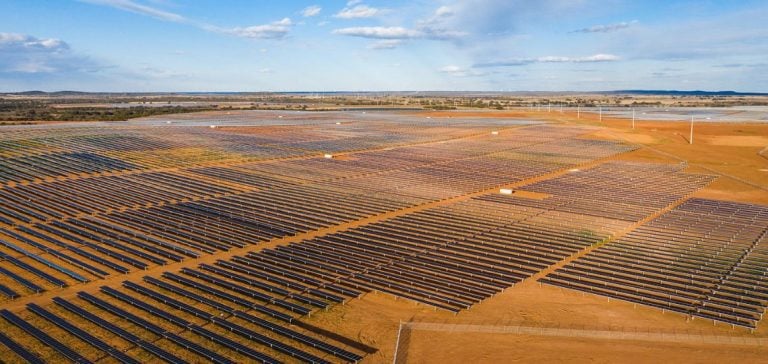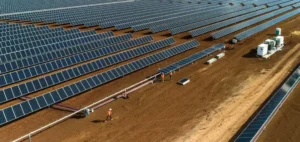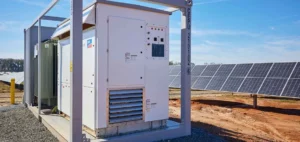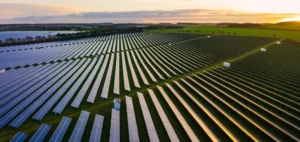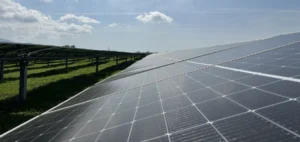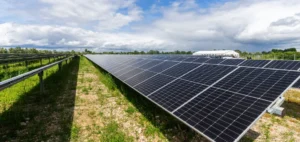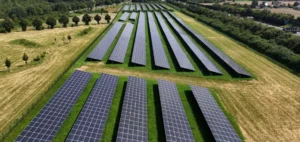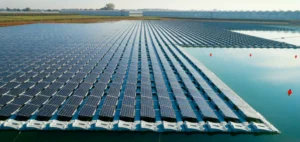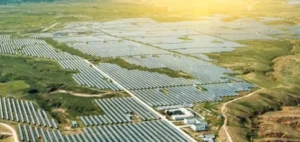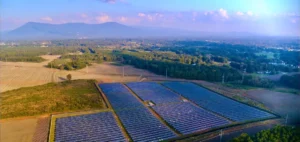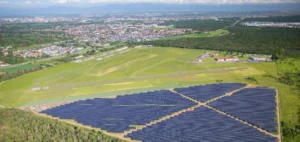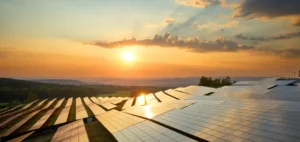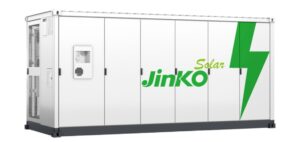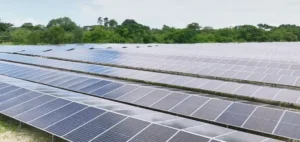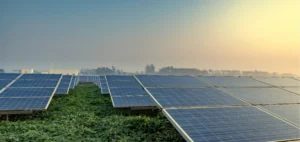Ammper Power, an international player in the energy sector, has signed a Power Purchase Agreement (PPA) for 50 megawatts (MWac) of solar power.
The project, scheduled for commissioning in the fourth quarter of 2025, is intended to power commercial and industrial businesses and government organizations located in Texas.
This agreement represents a significant step towards meeting the energy objectives of these entities and supporting the transition to less carbon-intensive energy solutions.
The PPA, a financial model widely used in the renewable energy sector, enables Ammper Power to guarantee stable electricity production over the long term.
This solution is particularly attractive for companies seeking to stabilize their energy costs and meet decarbonization targets.
By offering energy at a fixed price over the life of the contract, Ammper Power offers a competitive alternative to traditional energy sources.
A structuring project for the ERCOT market
The ERCOT (Electric Reliability Council of Texas) market, which manages the majority of the Texas power grid, is undergoing a rapid transformation with the rise of renewable energies, particularly solar.
By 2023, more than 30% of the electricity generated in Texas will come from renewable sources, with a marked growth in solar power in recent years.
The addition of another 50 MW via this PPA will help increase solar’s share of the Texas energy mix, while meeting the state’s growing energy demand, particularly in energy-intensive sectors such as manufacturing and utilities.
Ammper Power, without seeking to make a fuss about this transaction, is part of a dynamic that aims to meet both the needs of businesses and the growing regulatory pressure around commitments to reduce greenhouse gas emissions.
The Texan market, historically dependent on natural gas, is thus seeing its priorities evolve to include a growing share of renewable energies, a change all the more notable in a context where energy resilience remains a crucial issue for large companies.
Companies and institutions step up their energy commitments
This PPA comes at a time when companies are increasingly looking to secure their clean energy supplies.
For Texas-based industries, this agreement not only helps meet decarbonization objectives, but also provides visibility and security in terms of energy costs.
In the face of fluctuating fossil fuel prices, solar-generated electricity appears to be a reliable long-term alternative.
The choice of these companies to turn to Ammper Power demonstrates their commitment to reducing their carbon footprint, at a time of increasing regulatory pressure and investor expectations on environmental performance.
However, this commitment goes beyond ecological considerations and is also based on economic imperatives.
Indeed, the fixed tariffs associated with PPAs enable more predictable management of energy expenditure, particularly useful for industrial companies whose margins are sensitive to variations in energy costs.
Outlook and implications for the future of the market
The growing importance of APPs in the American energy landscape is a sign of the maturity reached by the renewable energy sector.
The Texas market, although historically focused on fossil fuels, is rapidly adapting to this evolution.
Ammper Power’s 50 MW solar project is just one example of this energy transition, which is gathering pace in Texas.
The project is also part of a broader strategy to diversify energy sources for businesses.
Industrial sectors, which are particularly sensitive to energy production costs, see solar power as an opportunity to stabilize these costs over the long term.
The growing use of renewable energies is also motivated by the need to ensure grid resilience and security of supply.
The ERCOT market, with its specific characteristics linked to its independence from other U.S. power grids, offers both opportunities and challenges in terms of adapting infrastructures to integrate a growing share of renewables.

